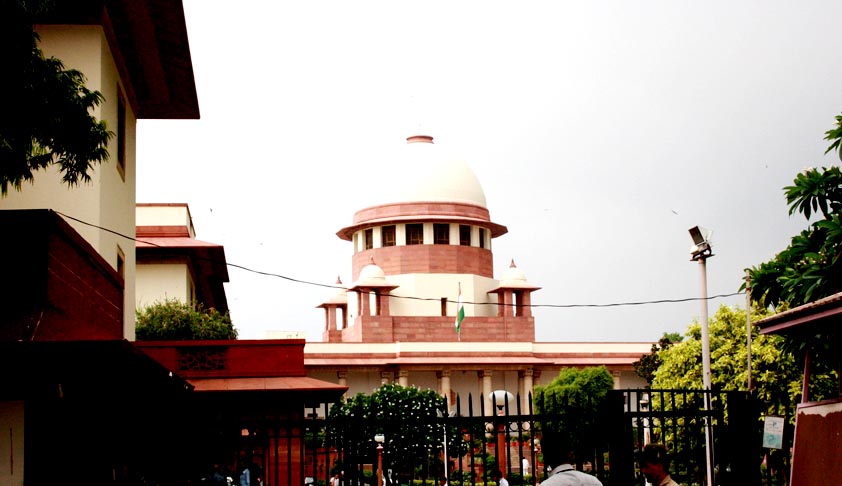Law Commission apprehensive on Supreme Court’s suggestions on Rape Trials
Dr Suchithra Menon C
16 April 2014 4:19 PM IST

Next Story
16 April 2014 4:19 PM IST
The law Commission of India filed a report before the Supreme Court expressing its dissent to the suggestions made by the Supreme Court relating to the Rape Trials. TOI reports. Last year a Supreme Court bench headed by Justice Gyan Sudha Misra had taken suo motu cognizance of the inordinate delay in the trial of rape cases. The Supreme Court had observed that setting up of fast-track...
